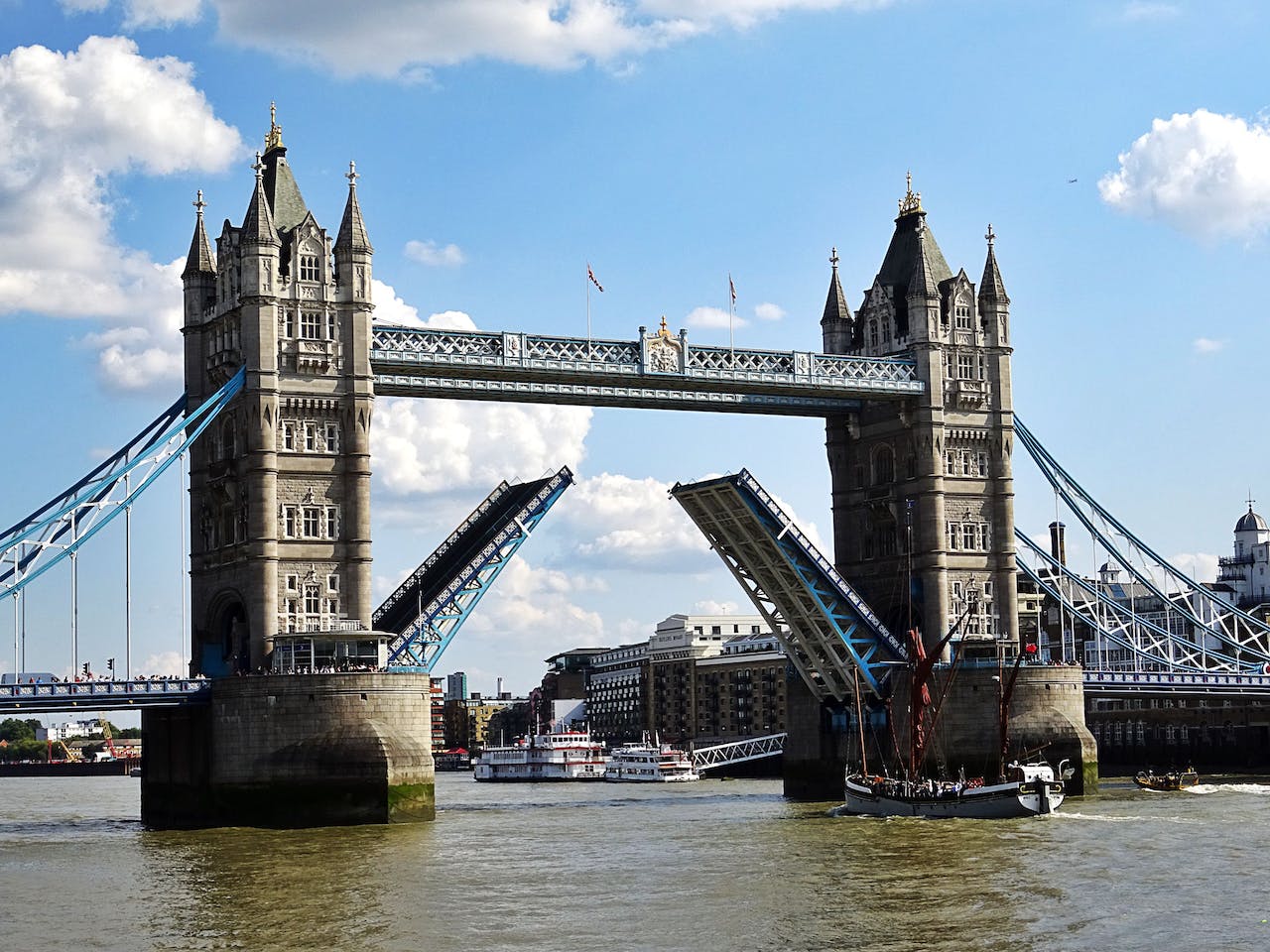Comments
- No comments found

Assumptions often shape our perspectives and influence decision-making.
However, not all assumptions stand the test of time or align with the ever-changing realities of society, technology, and the environment.
Here are ten instances from the recent past where people or institutions made assumptions that turned out to be badly wrong:
1. New Coke 1985: After many secret tests and focus groups, the Coca-Cola Company assumed that changing the formula for their flagship product would be well-received, but it led to a backlash from customers.
2. Year 2000 Computer Bug: There were dire predictions and anticipation of widespread computer failures at the turn of the millennium due to the Y2K bug led to massive expenditures and preparations, but the actual impact was minimal.
3. Iraq War 2003: The U.S. and its allies assumed that Iraq had weapons of mass destruction, a belief that proved to be unfounded, leading to a controversial war.
4. Thousands of investors lost billions of dollars in the Bernie Madoff scandal. They assumed he was a financial genius who could guarantee high returns to investors. In fact he operated one of the largest financial frauds in history, a huge Ponzi scheme. He was given a 150-year prison sentence in 2009.
5. 2008 Financial Crisis: Many financial institutions assumed that mortgage-backed securities were low-risk investments, but they turned out to be toxic and the subsequent banking crash led to a global economic downturn.
6. Blockbuster Video’s Decline: The video rental giant assumed that physical rental stores would remain popular. In 2004 Blockbuster employed 84,000 people worldwide and operated 9,000 stores. It failed to adapt to the digital streaming revolution, leading to bankruptcy in 2010.
7. Brexit Vote 2016: Polls, pundits and many politicians assumed that the people of the UK would vote to remain in the European Union, but the referendum resulted in a decision to leave.
8. 2016 U.S. Presidential Election: Many polls and experts assumed that Hillary Clinton would win, but Donald Trump emerged as the victor.
9. Theranos Scandal 2018: Investors and healthcare institutions assumed that Theranos, a biotech startup, founded in 2003 by 19-year-old Elizabeth Holmes had groundbreaking technology for blood testing, but it turned out to be a fraud.
10. COVID-19 Pandemic (Early 2020): Some governments initially assumed that COVID-19 was not a severe threat, which resulted in delayed responses and increased transmission.
Paul is a professional keynote conference speaker and expert facilitator on innovation and lateral thinking. He helps companies improve idea generation and creative leadership. His workshops transform innovation leadership skills and generate great ideas for business issues. His recent clients include Airbus, Microsoft, Unilever, Nike, Novartis and Swarovski. He has published 30 books on lateral thinking puzzles, innovation, leadership and problem solving (with over 2 million copies sold). He also acts as link presenter at conferences and facilitator at high level meetings such as a corporate advisory board. He has acted as host or MC at Awards Dinners. Previously, he was CEO of Monactive, VP International of MathSoft and UK MD of Ashton-Tate. He recently launched a series of podcast interviews entitled Insights from Successful People.
Leave your comments
Post comment as a guest